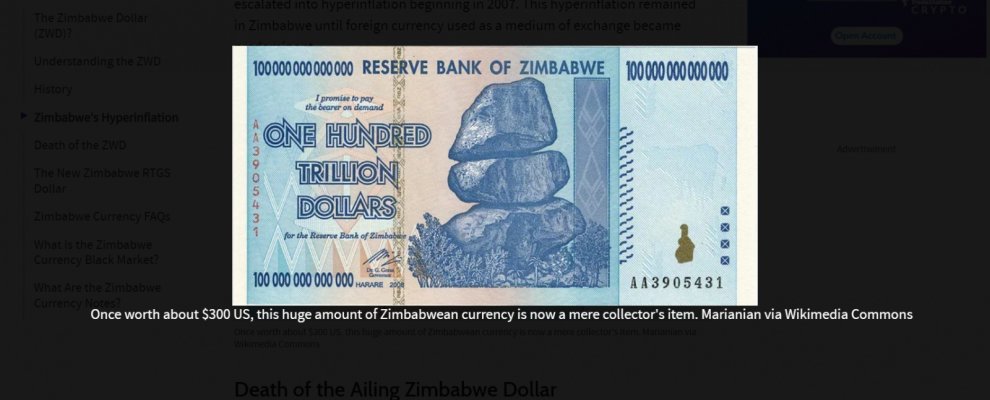I suppose helicopter money is one factor but also, fewer houses have been built and likely way fewer apartment type housing has been built. Blame it on Covid or investment philosophy (for instance: why invest in housing/rental properties when the stock market is - well has been - a near sure thing?) No expert so YMMV.
A few ideas / ramblings on the subject. etc.
Why a "near sure thing"?
The dollar was intentionally devalued and interest rates were kept low too long. Should have all ended in late 2020 early 2021.
But it kept going. Why? Thats a question for historians.
And yes, the stock market went up because of it.
It had no choice being juiced like that.
To give an idea how much was printed in the past few years.
(It isn't talked about much in the news)
$4.473 trillion total was created during the "Great Recession"
$8.95 trillion created to fight Covid 19.
Covid rate cuts.
"The Fed cut its target for the federal funds rate, the rate banks pay to borrow from each other overnight, by a total of 1.5 percentage points at its meetings on March 3 and March 15, 2020. These cuts lowered the funds rate to a range of 0% to 0.25%."
.
"The Federal Reserve's balance sheet ballooned following their March 15, 2020 announcement to carry out quantitative easing to increase the liquidity of U.S. banks. It reached around 8.95 trillion U.S. dollars as of May 17, 2022. This measure was taken to increase the money supply and stimulate economic growth in the wake of the damage caused by the COVID-19 pandemic."
Maybe its not that prices are going up, rent etc.
But rather its that the dollar has been devalued?
Think Zimbabwe money with Covid as the excuse.
Over reaction shutting down the economy.
Not allowing it to re-open for far too long.
Then printing money to replace the dollars lost.
Huge error, but many didn't notice as the stock market kept going up.
And / or they were still getting paid to stay home. Or both.
Not all, but a great many.
Others lost everything. Winners and losers, chosen by the govt.
My rental had its 1st vacancy in 7 years this past March. 4 bedroom house 3 miles from the ocean in SoCal. Had over 100 pre applications in the 1st week. And yes the lease / rent was adjusted to the mid-range of the current rental market.
Up 37%. As I only had raised it $200 / month total over the past 7 years.
Rather than raising it 5% annually like most. I waited for a vacancy.
(Prev. renters bought a home, as they thought they were being left behind. As they watched prices double over the past 7 years)
Bedrooms for rent in the area are now $900-$1400 a month.
Making it difficult for those starting out, starting over etc.
Not saying I know how to fix this.
(Aside from waiting for inflation to catch up to all the new dollars printed)
Just pointing a few possible ways we got here.
Maybe someone else knows historically how countries in this situation corrected it?
Really have no idea. As you cant put the genie back into the bottle / Pull money out of circulation.


 because YMMV.
because YMMV.